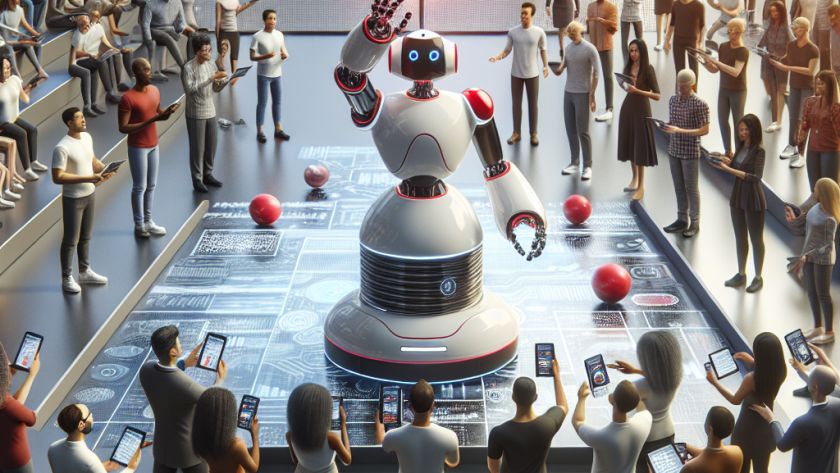Algorithms, Artificial Intelligence, Computer Science and Artificial Intelligence Laboratory (CSAIL), Computer science and technology, Electrical Engineering & Computer Science (eecs), Faculty, Machine learning, McGovern Institute, MIT Schwarzman College of Computing, School of Engineering, Special events and guest speakers, Staff, Students, UncategorizedMarch 23, 2024210Views0Likes Rodney Brooks, co-founder of iRobot and keynote speaker at MIT’s “Generative AI: Shaping the Future” symposium, warned attendees not to overestimate the capabilities of this emerging AI technology. Generative AI is used to create new material by learning from data they were trained on, with applications in art, creativity, functional coding, language translation and realistic…
Read More



